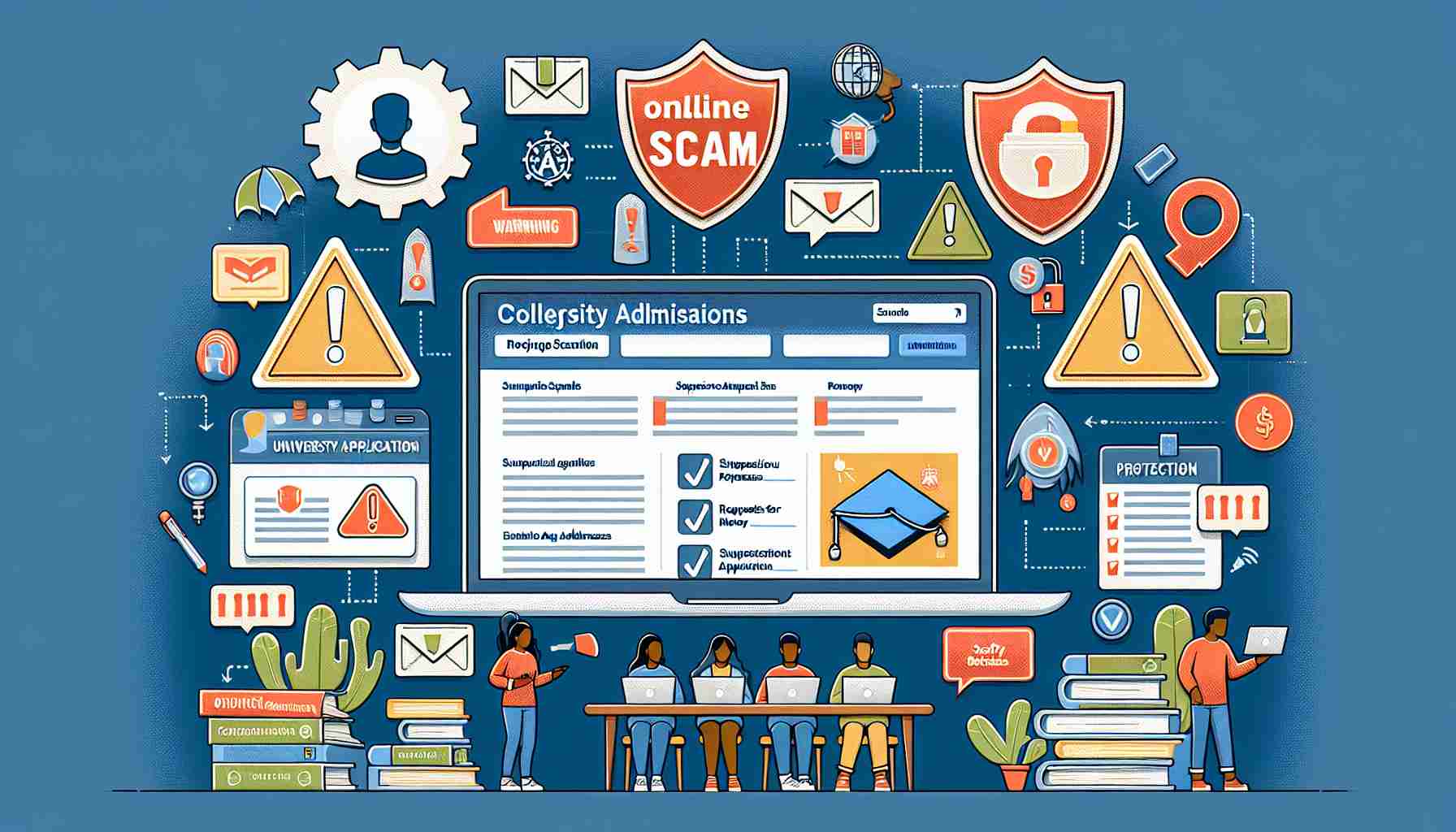Avoid falling victim to online scams during the college admission process by staying vigilant and following these important tips:
One common scam involves receiving fraudulent score-checking messages containing malicious links. It is crucial for students and parents to only use official channels provided by the education department to check exam results and never click on unfamiliar links.
Another scam to be wary of is individuals claiming to be able to alter exam scores for a fee. Remember that once exam results are published, they cannot be changed, and it is important not to believe in such schemes to prevent financial loss.
Additionally, be cautious of offers from fake universities that may seem legitimate but lack accreditation or the ability to issue valid degrees. Always verify college names and admission types through official portals to avoid falling prey to deceptive practices.
Lastly, steer clear of services promising guaranteed admission or scholarships for a fee, as they could be attempting to extract personal information or payments under false pretenses. It is essential to consult verified sources for official college admission policies and information.
Conclusion
By staying informed and cautious, students and parents can protect themselves from falling victim to online scams during the college admission process. Always verify information through official channels and refrain from sharing sensitive personal details to ensure a safe and legitimate application process.
Protect Yourself from Online Scams During College Admissions: Additional Measures
As the college admission process becomes increasingly digital, it is important to stay updated on new tactics scammers may use to exploit students and parents. Here are some important questions to consider when safeguarding against online scams during college admissions:
1. How can I determine if a scholarship offer is legitimate?
It is crucial to research the scholarship provider thoroughly. Legitimate organizations will have a clear application process, official contact information, and a history of supporting students. Be cautious of scholarships that require an upfront payment or request sensitive personal information.
2. What are the risks of submitting personal information to unauthorized websites?
Unscrupulous websites may misuse personal information for identity theft, financial fraud, or targeted scams. Always verify the legitimacy of a website before entering any personal details, especially during the college application process.
Key Challenges and Controversies:
One of the main challenges in combating online scams during college admissions is the evolving sophistication of scammers. They continuously adapt their methods to appear more credible and deceive unsuspecting individuals. Additionally, the vast amount of information available online can make it difficult to discern between reputable sources and fraudulent entities.
Advantages and Disadvantages:
An advantage of increased digitalization in the college admissions process is greater accessibility and convenience for applicants. However, this also opens up opportunities for scammers to exploit individuals who may be less familiar with online security practices.
For further resources on safeguarding against online scams during college admissions, you can visit the FTC’s Consumer Information section. Stay proactive and informed to protect yourself and your personal information throughout the college application journey.
